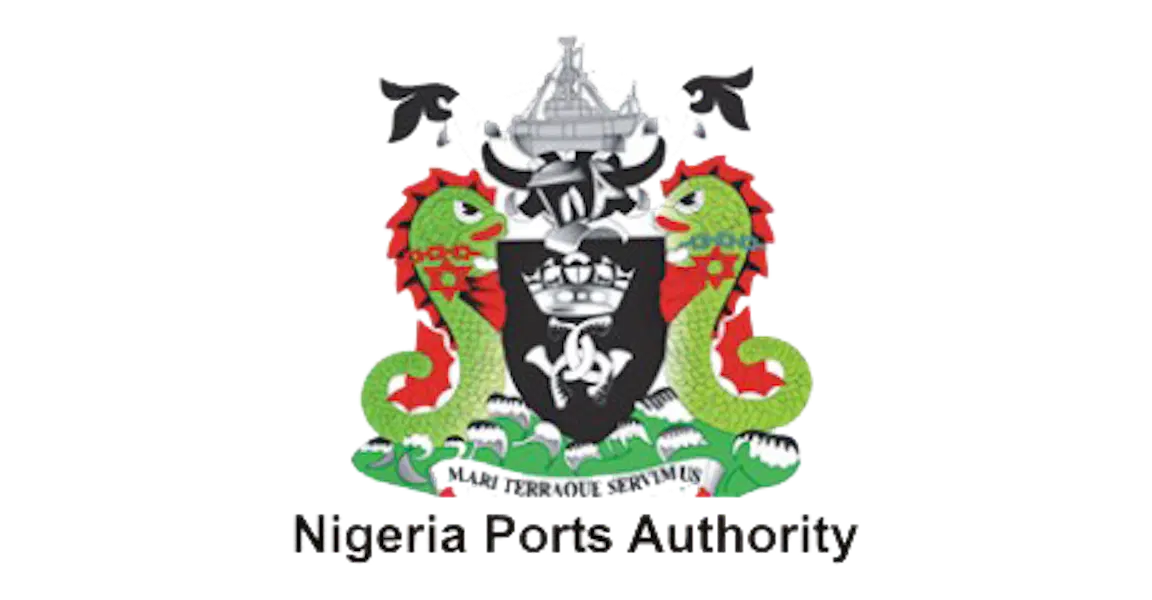Nigeria’s inflation is expected to slightly decrease to 29.5% by the end of this year, according to consulting firm PwC.
This was disclosed in its latest economic outlook report on Nigeria released on Monday
The company projected in its latest economic outlook report on Nigeria released on Monday.
In the report, the company stated the decline would be achieved as a result of the ongoing reforms and policy actions of the government.
According to figures released in May by the National Bureau of Statistics, Nigeria’s inflation rate increased from 33.69% in April 2024 to 33.95% in May 2024.
“PWC projects a marginal decline in inflation to 29.5% by year-end, balancing the effects of reforms, policy actions, external pressures, and food prices; particularly in the second half of the prices outlook year,” the company stated.
Even with the optimistic forecast, the business emphasized important policy issues that the government should take into account to sustain the economy. It specifically asked the government to handle security, social issues, inflation pressure points, and currency rate concerns in order to prioritize macro stability.
According to PwC, the government would also need to mobilise capital to drive growth through market-focused policies, and intensification of investment promotion. It also advised the government to make short- and long-term sectoral bets focused on exports, domestic substitution, and job creation.
“Government must drive fiscal prudence by optimising spending on capital projects with the highest ROI, rationalise public service spending, and improve revenue diversification and collection efficiency. It must decide when and how to introduce, defer, sequence, or stagger different policies based on current economic and social conditions,” the firm added.
Citing the recently introduced and suspended cybersecurity levy as an instance, PwC advised the government to adopt scenario planning before any major economic reform is implemented to avoid unwarranted policy reversals.
Nigeria’s current inflation is mostly caused by the rising price of food, which has been linked to several issues, including insecurity, which deters farmers from planting.
Due to the declining naira, inadequate domestic agricultural output, and an over-reliance on pricey imported food, Nigerians are facing the greatest food inflation in decades.











